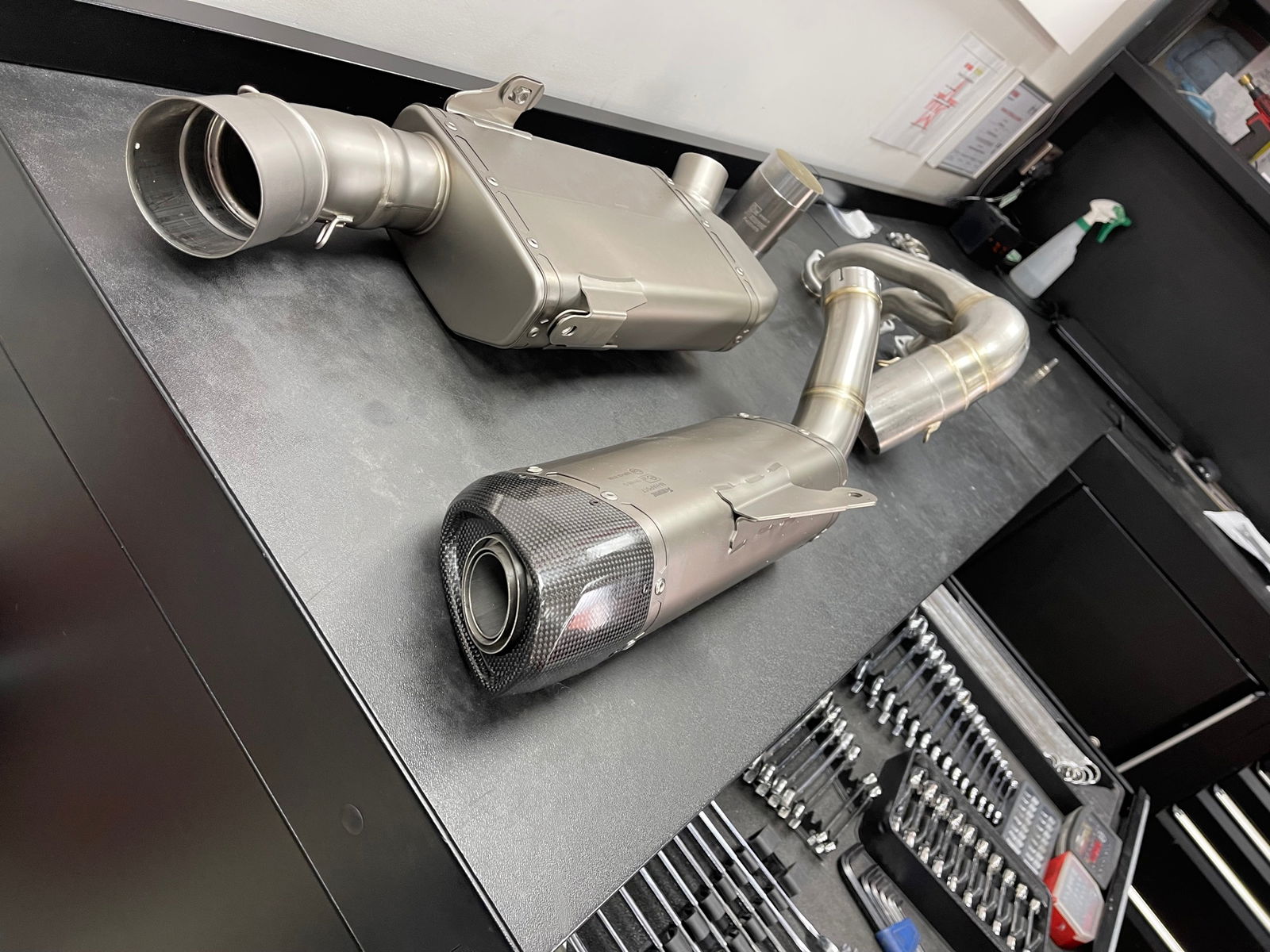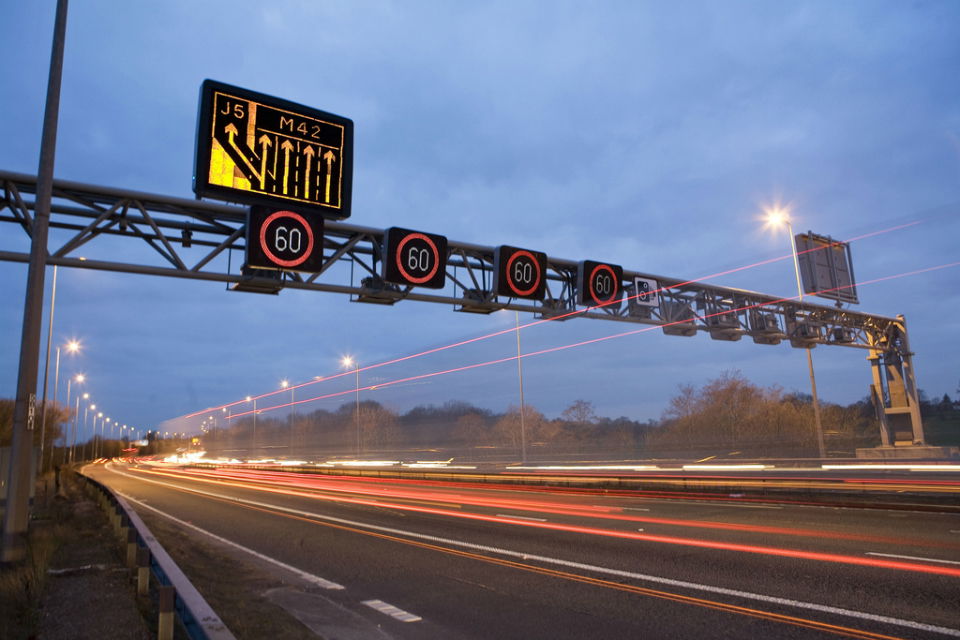DfT look to clear up confusion around anti-tampering laws
DfT officials have confirmed that new anti-tampering laws being discussed will not totally outlaw all modifications

THE Department for Transport (DfT) last week announced new anti-tampering laws were in the works that, rightfully, got a lot of motorcyclists worried for the future.
Over the weekend though, the National Motorcyclists Council (NMC) and the British Motorcyclists Federation (BMF) have spoken to officials from the DfT to try and clear the matter up.
While the original wording did make it seem like any modification to the machine would be outlawed, the DfT was quick to point out that it only refers to systems that limit noise or vehicle emissions.

One of the NMC’s representatives at the meeting was the BMF’s, Anna Zee. She said:
“We were invited to a meeting with DfT officials on 27th October to discuss this section of the consultation. They were quick to admit this could have been worded better; it is NOT intended to prevent customisation of bikes or the fitting of aftermarket products that do the same job, or better, as the original equipment. It IS intended to apply to anything which affects emissions, the computerised systems which are installed and such devices as the dongles advertised for increasing the speed on e.g. e-scooters.”
 Akrapovič full system review.jpg?width=1600)
Sadly though, this does mean one of the most common of all modifications could be outlawed under these plans. Aftermarket exhausts are one of the many ways motorcyclists make their bikes their own. With many full-system exhausts, the owner will increase the volume of the bike, shed some overall weight and, in some cases, gain the option to leave out the catalytic converter – as we did with our Yamaha MT-09 earlier this year. From the word and tone of the new proposal, this upgrade would be made illegal. Primarily down to the removal of the catalyst.
BMW K 1600 GT, K 1600 GTL, K 1600 B, & K 1600 Grand America 2022 Specs
Ms Zee also clarified that the law would likely be retrospective, meaning if you bought a bike with an illegally modified exhaust system, you’d effectively inherit that problem. She added, “The DfT has agreed to send us details of where they think there are gaps in existing legislation,” she said, “and that they will further consult with us in the process of drafting the future legislation, which is unlikely to come into effect until 2024.”
To read the Future of transport regulatory review consultation, click here.








